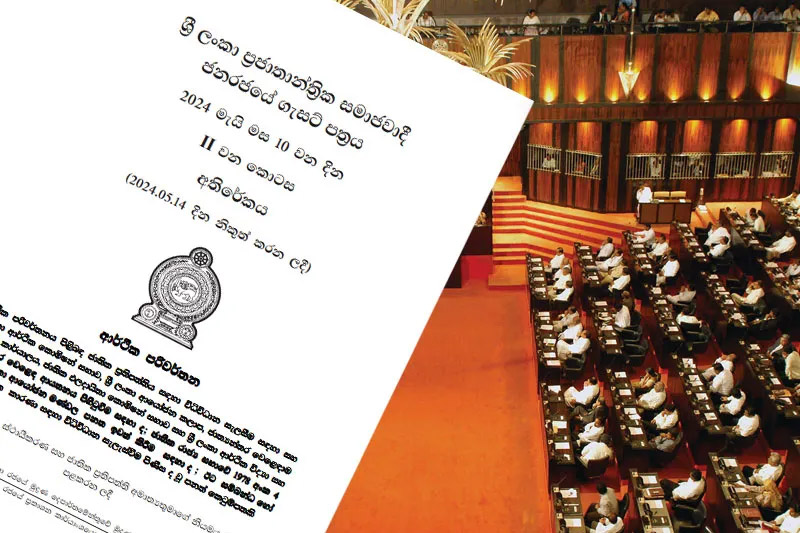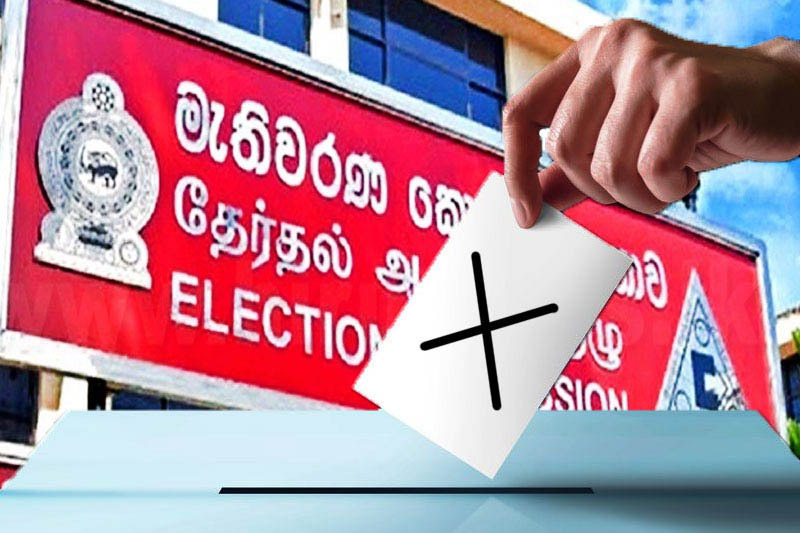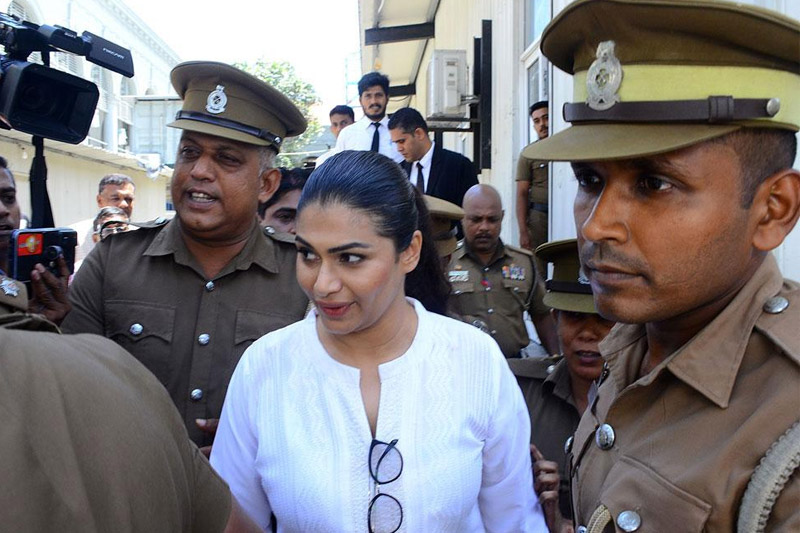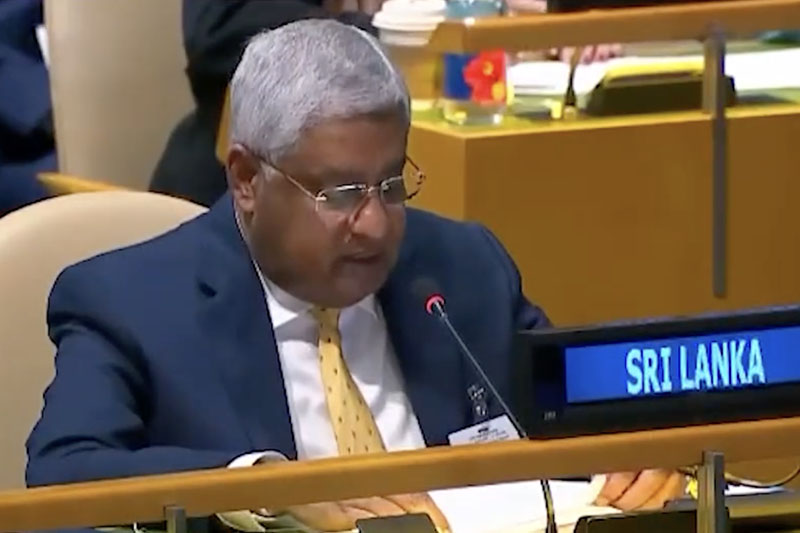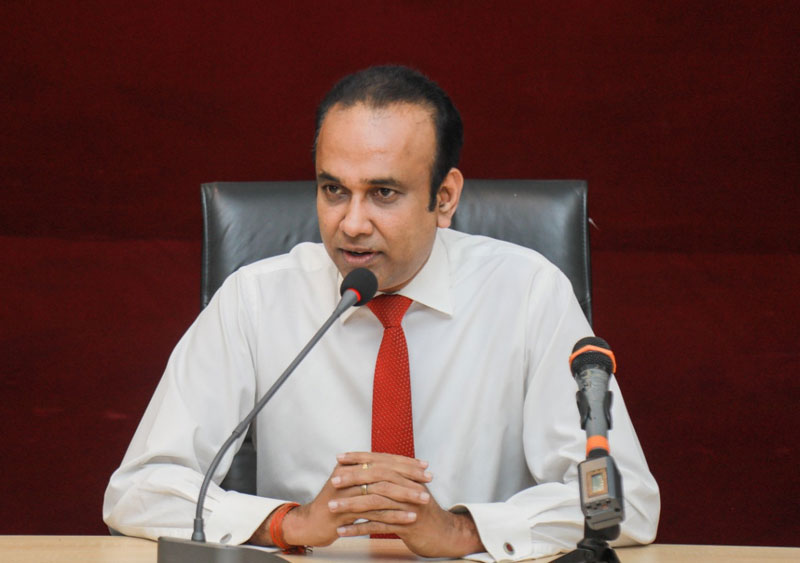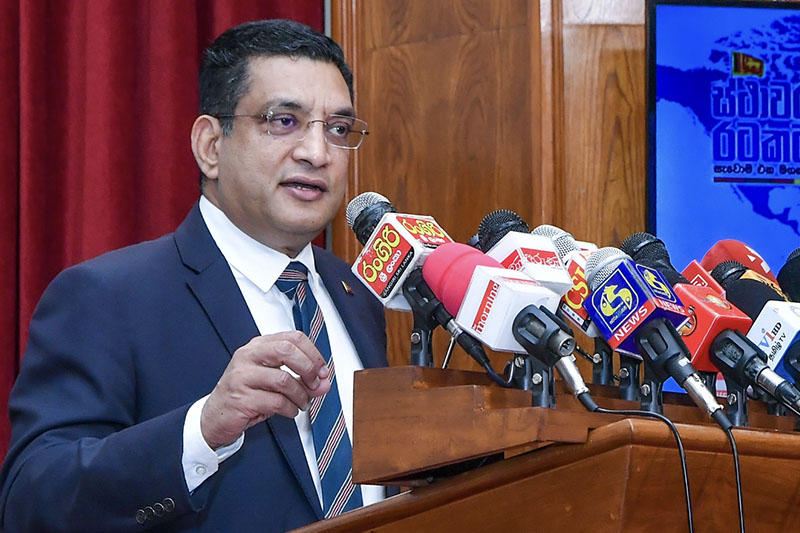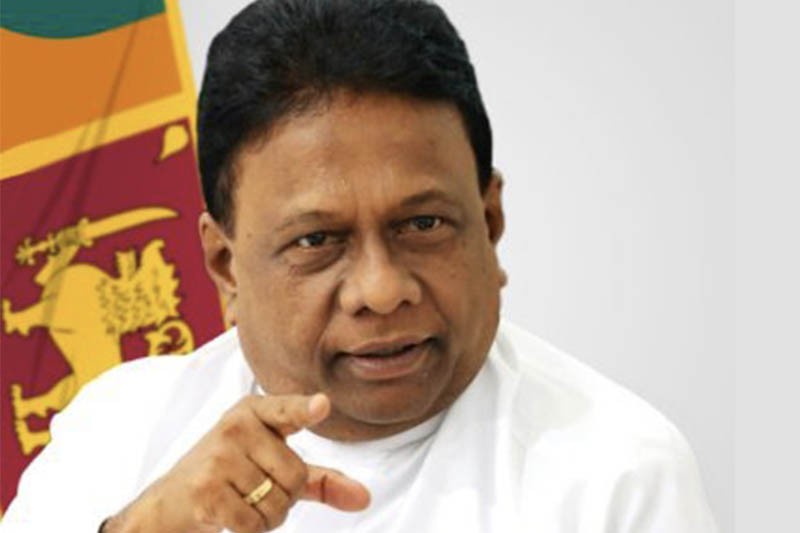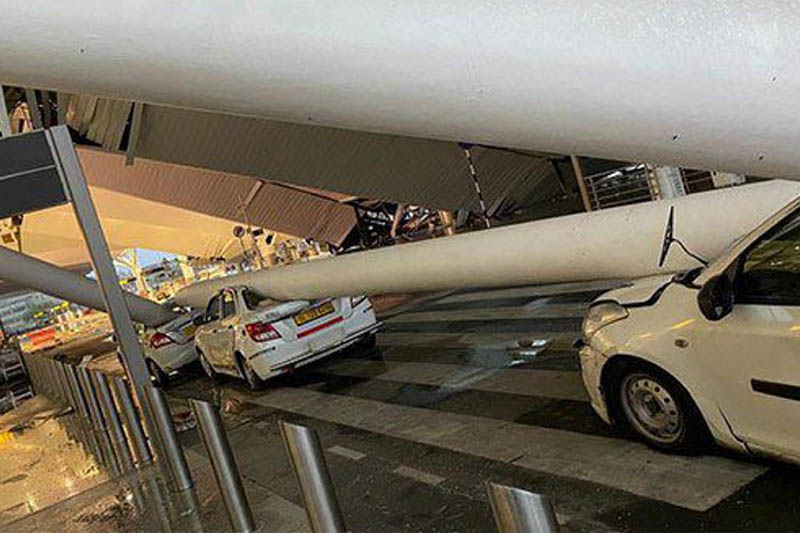The economic transformation bill presented by the government on 22 May supersedes 12 acts already in force.
They are the customs ordinance, company act, inland revenue act, finance act, foreign exchange act, national film corporation act, merchant shipping act, civil aviation act, CEB act, national water supply and drainage act, Sri Lanka ports authority act and the Ceylon petroleum corporation act.
The economic commission to be set up will not have the Colombo port city under its jurisdiction.
The economic commission will have 10 members, with the president appointing the chairman and five members. It will have a five-member quorum and majority vote will prevail. The chairman will have a decisive vote in the event of a tie.
The government will allot funds for the running of the commission. It will decide national policies on investment, export and transformation.
Its decisions will be subjected to approval by the cabinet and, once gazetted, parliament.
It aims to establish a national policy on economic transformation and various institutions, including the economic commission, investment zones Sri Lanka, the office for international trade, the national productivity commission, and the Sri Lanka institute of economics and international trade.
The bill will replace the Board of Investment (BOI) of Sri Lanka Law, No. 4 of 1978, with the new economic commission of Sri Lanka.
The economic commission will focus on creating a favorable investment climate, promoting sustainable foreign direct investment, and boosting exports and employment.
It will evaluate and manage investment zones, enhance the ease of doing business, and identify strategic investments that bring significant foreign exchange, export growth, and large-scale employment, benefiting overall economic development.

